Just the other day, I trundled out into my garden to harvest my new crop. Three weeks ago, I decided that, instead of fruits and vegetables, I would plant something just as good. Now, as I stood before my harvest, I smiled at the fruits of my labor hanging from branches of the nutritional supplement tree I had grown. I plucked one of the darling little bottles off the vine and took it into my kitchen. I carefully removed the cap and took a sniff of the sickly sweet goodness within. I couldn’t wait to pour the delicious blend of milk protein, water, vegetable oil, thickeners, and flavoring agents, not to mention the added vitamins and minerals and the many forms of added and processed sugar down my throat and into my tummy. Mmm, mmm, good!
A whole meal in a bottle!
I know. I know. Even if you can’t grow nutritional supplements on trees, they’re just so EASY to give to your residents when they are losing too much weight or under nourished. But let’s consider what you’re really giving them. And how much it’s costing you. Then let’s consider the alternatives.
Wait! What? Instead of “meal replacements,” how about “real food meal fortifiers”? To help you discover what we mean, we want to give you a free PDF on using a “real food first” approach. It will provide tips and an easy-to-use guide to replacing supplements with delicious real food and even lists the calorie and protein content of the supplement and the food to replace it. So, rather than impulsively reaching for the can, get creative and give your residents the calories they need from foods that taste great and watch how your costs go down and your resident satisfaction goes up!

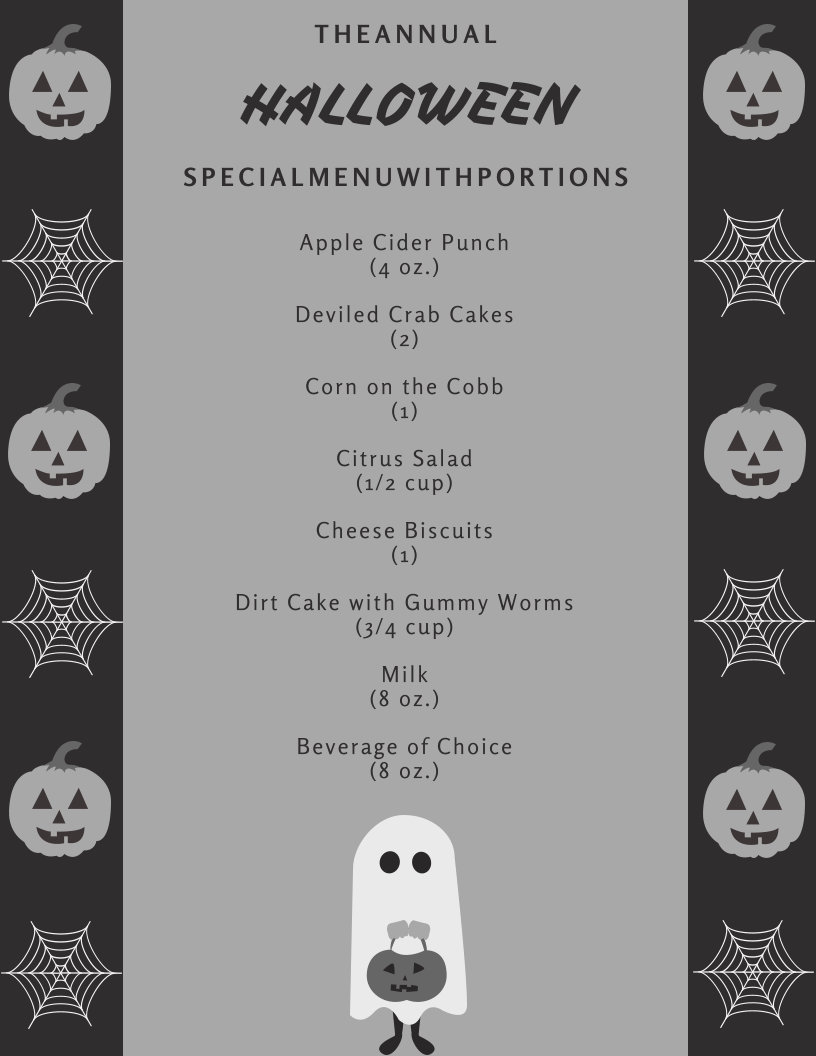
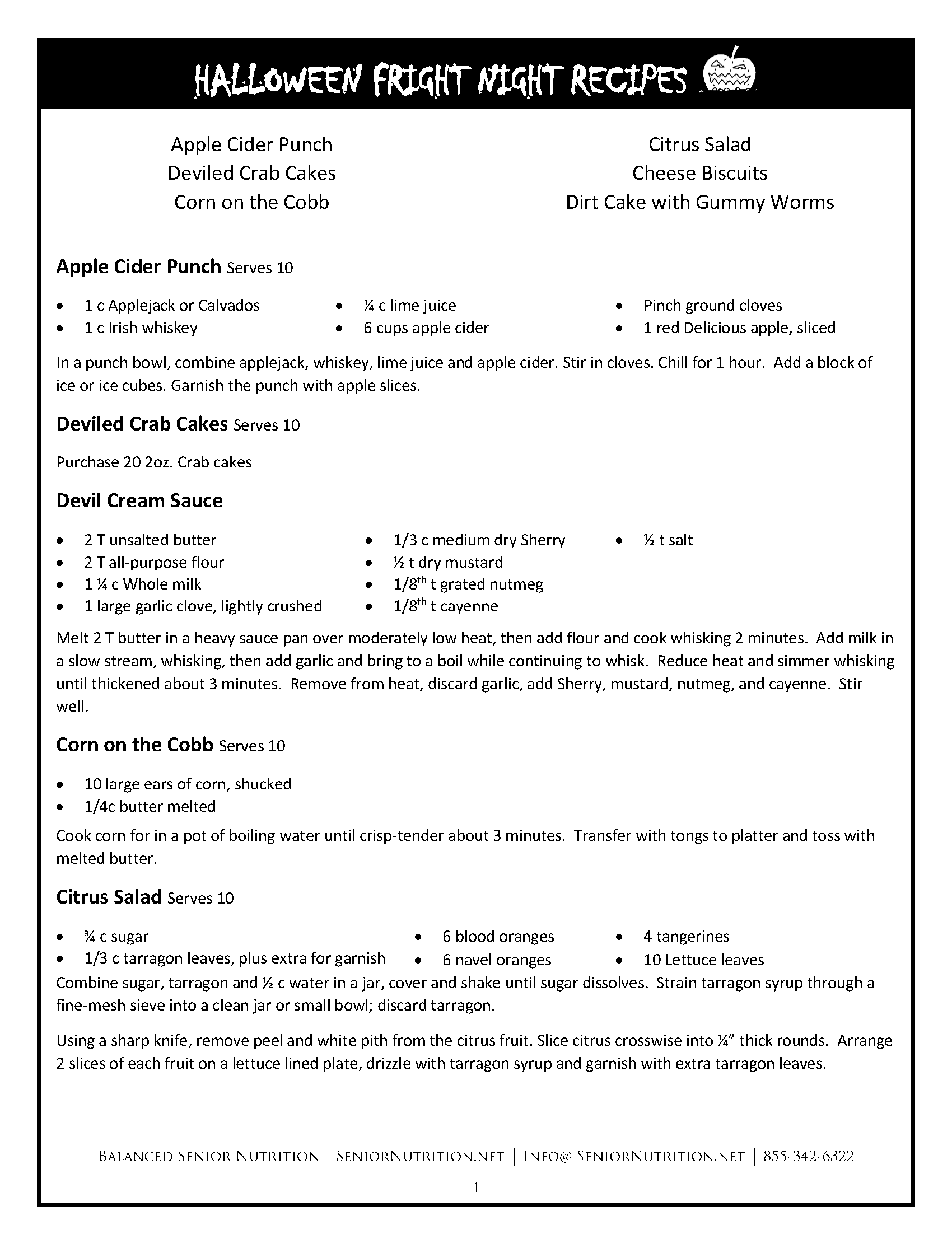
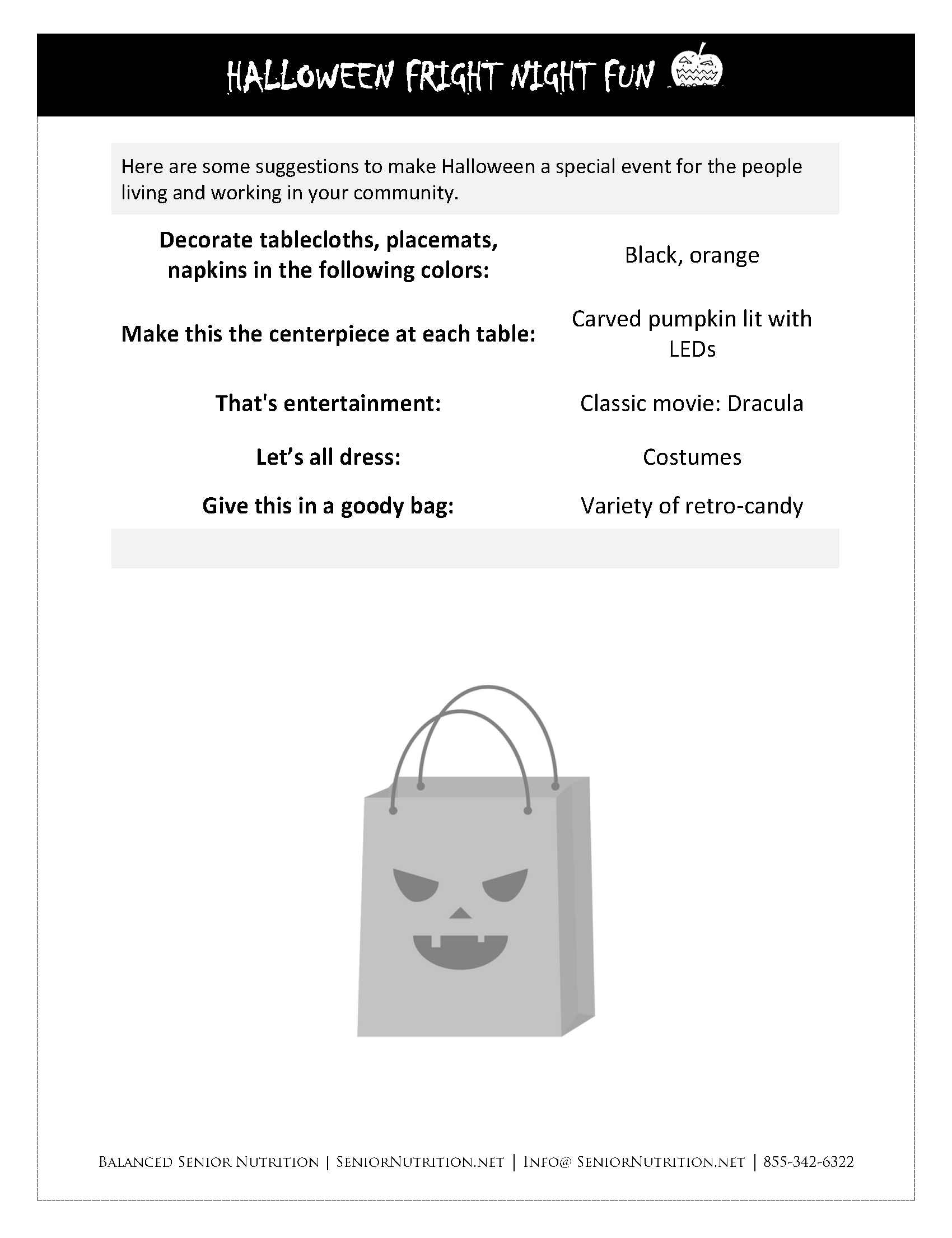
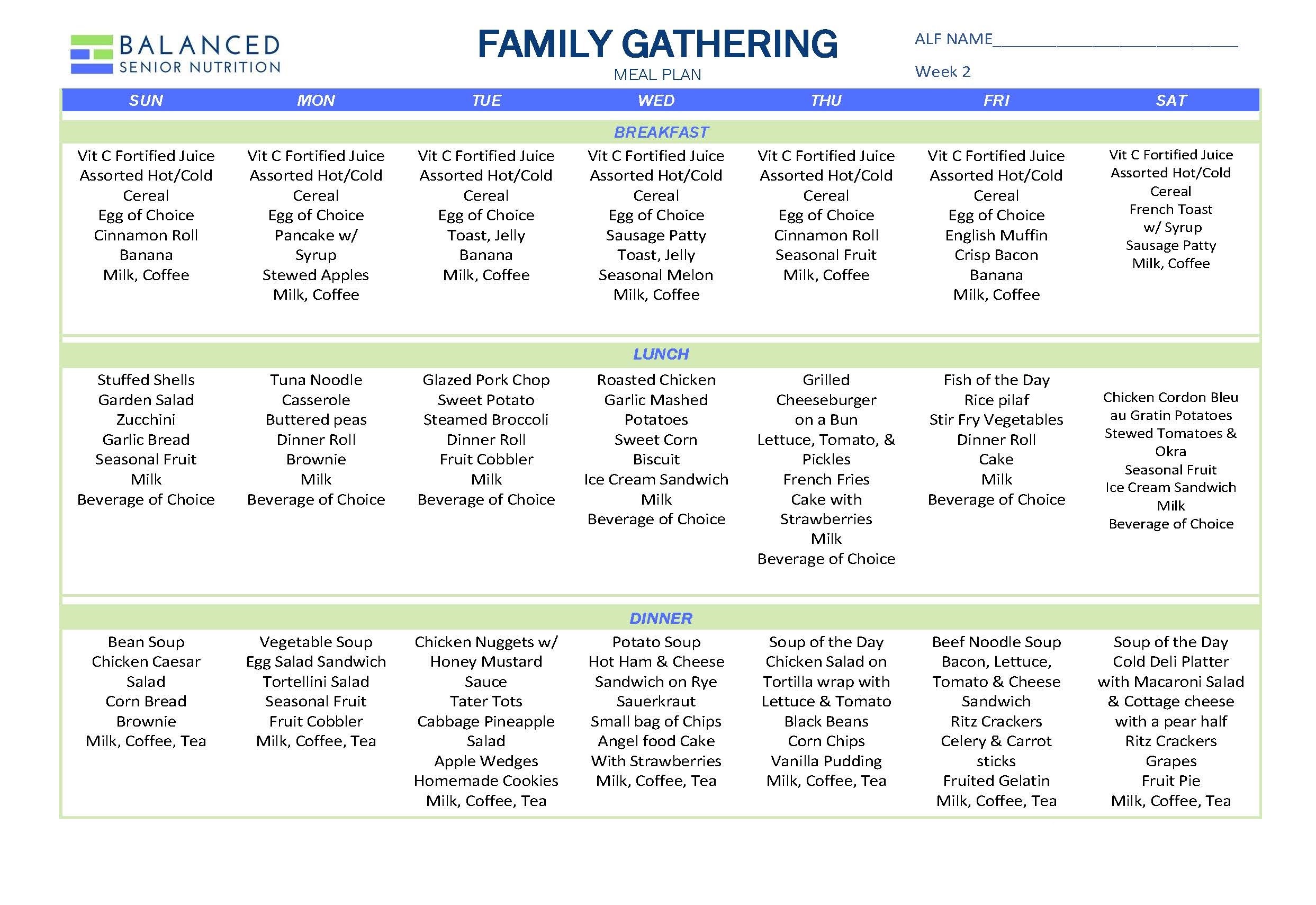
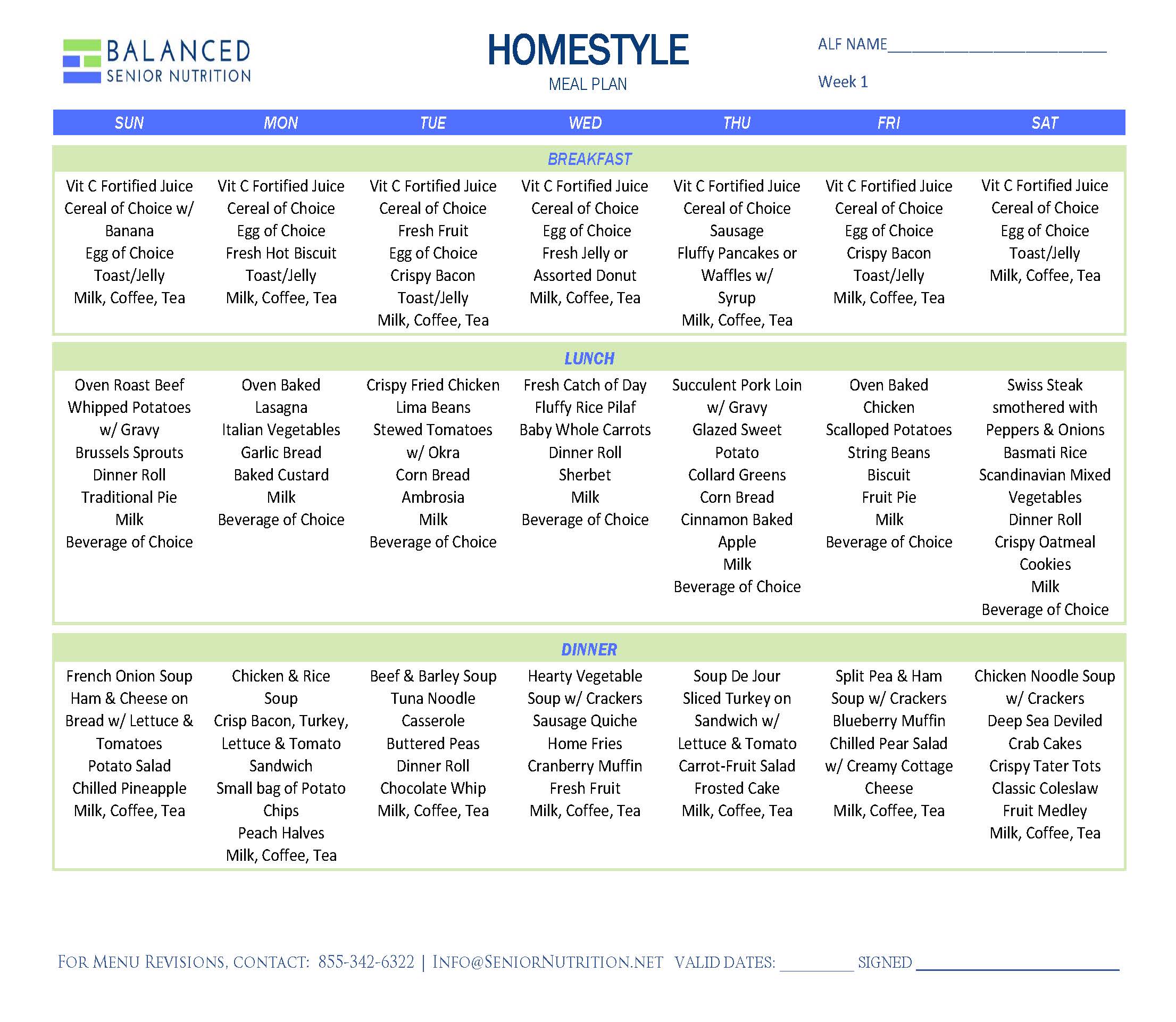
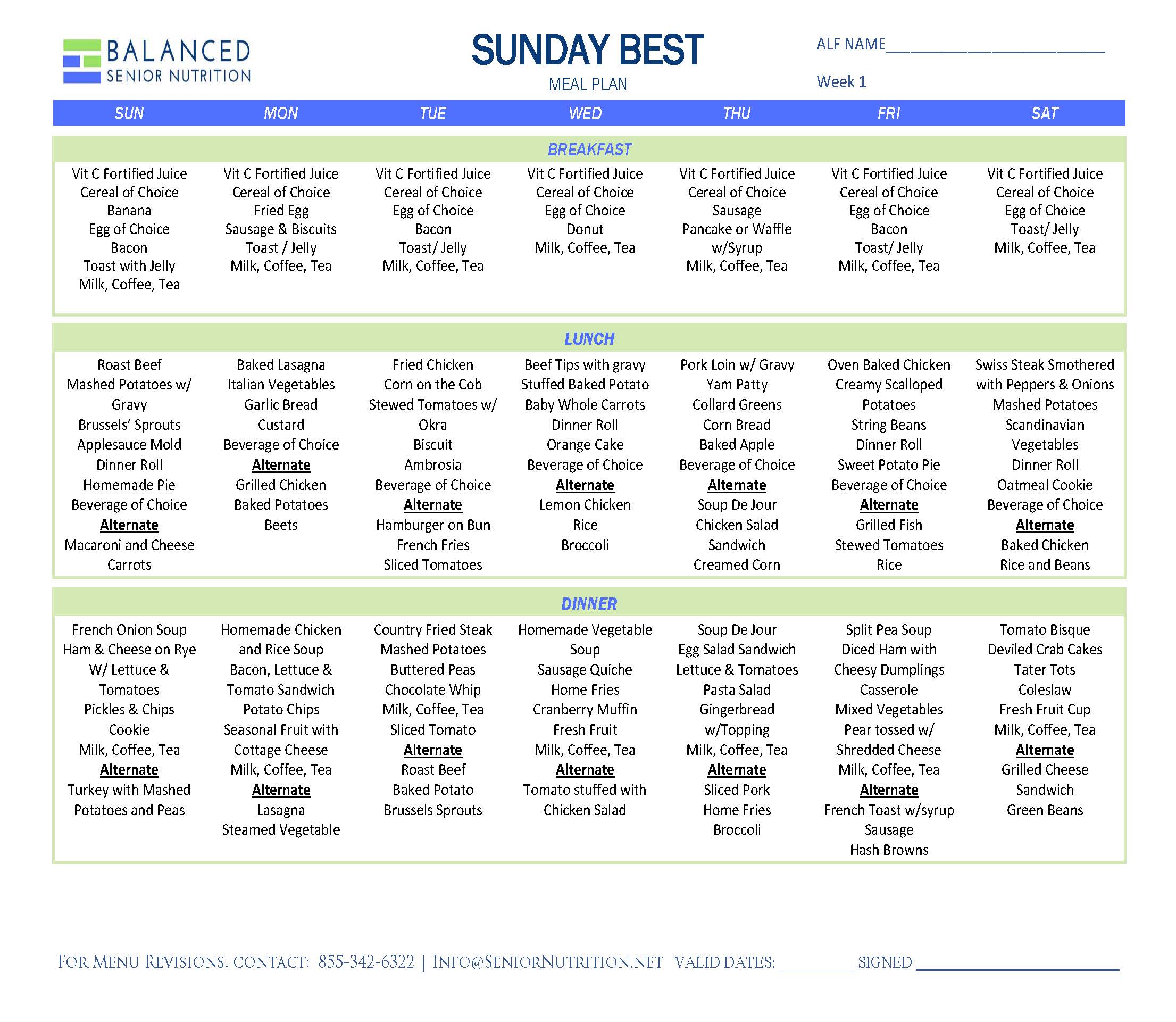
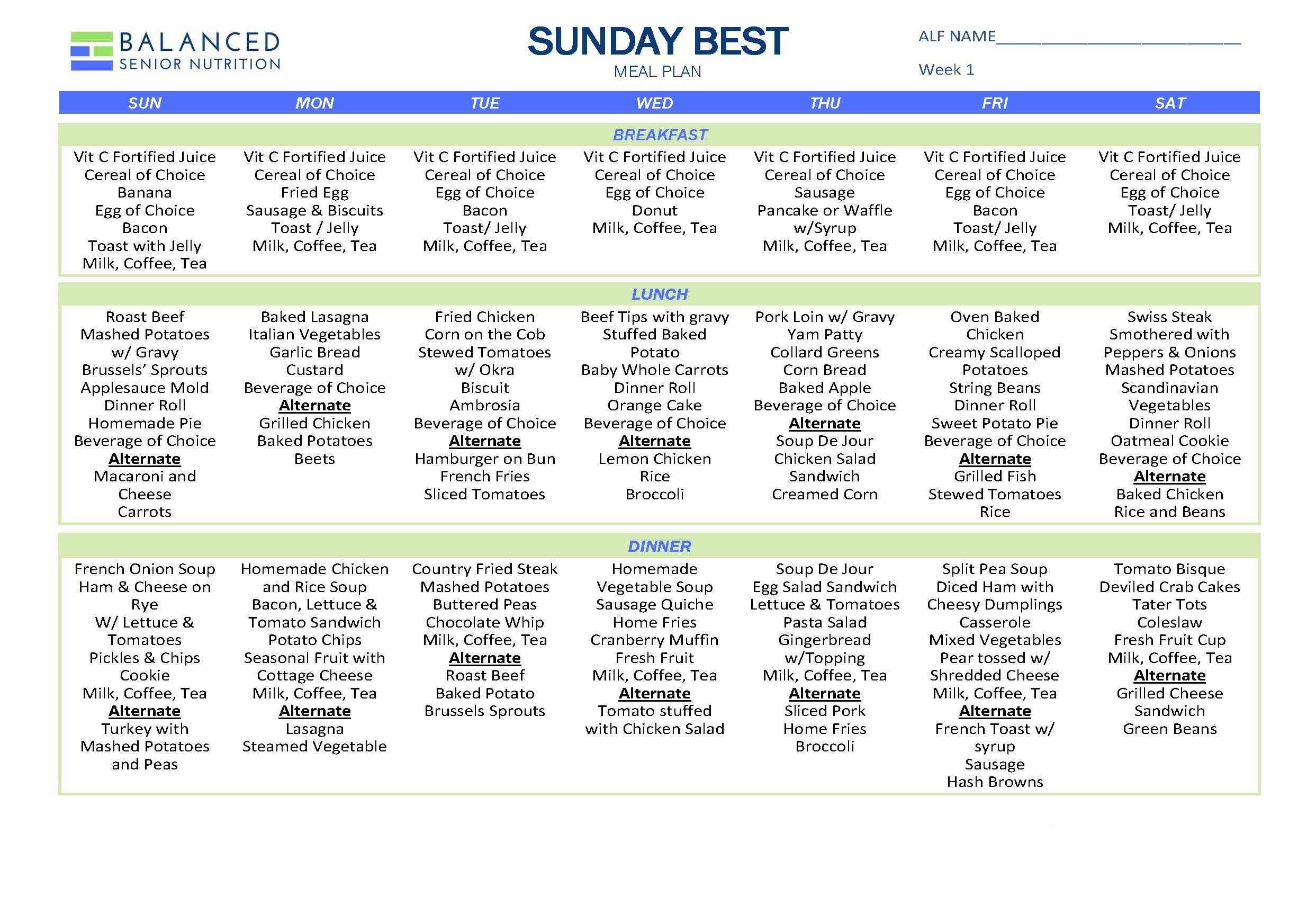

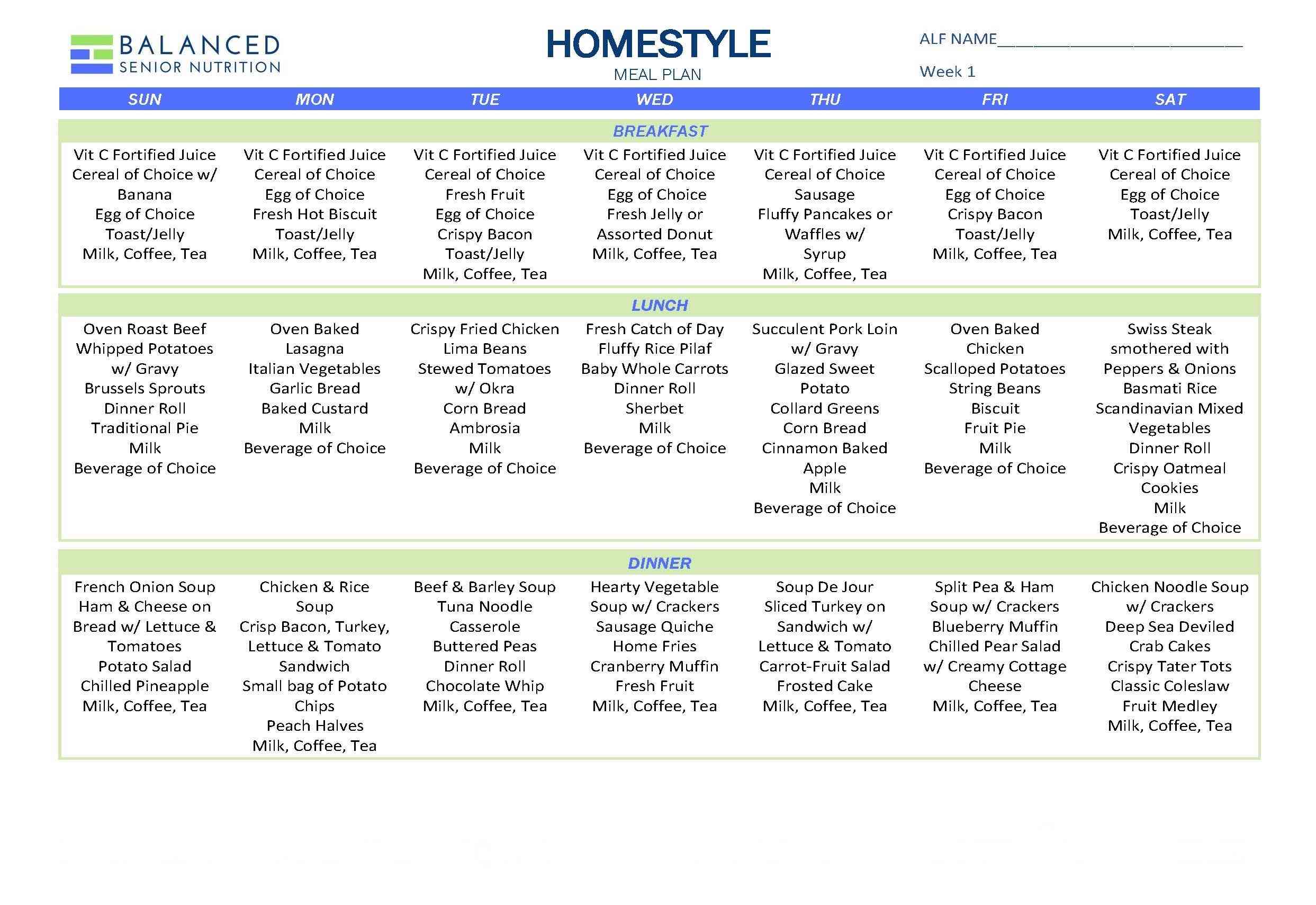


4 Responses to Are Nutritional Supplements Really the Best Answer for Weight Loss?